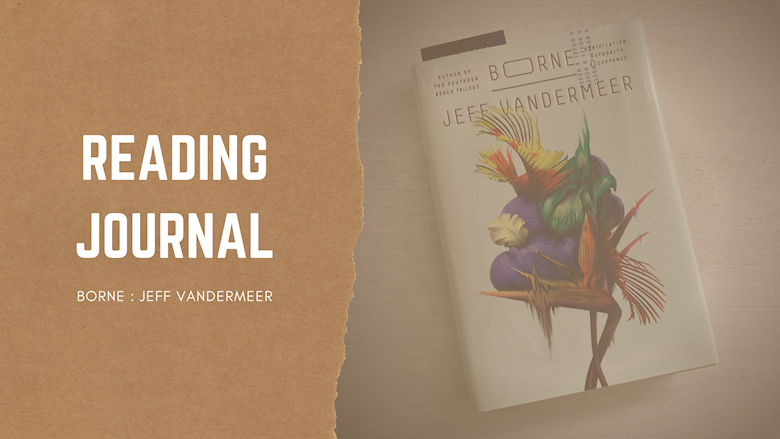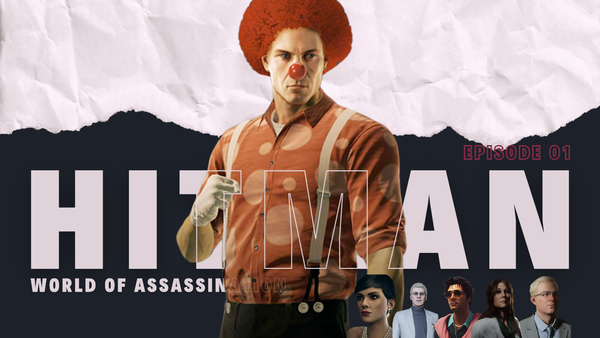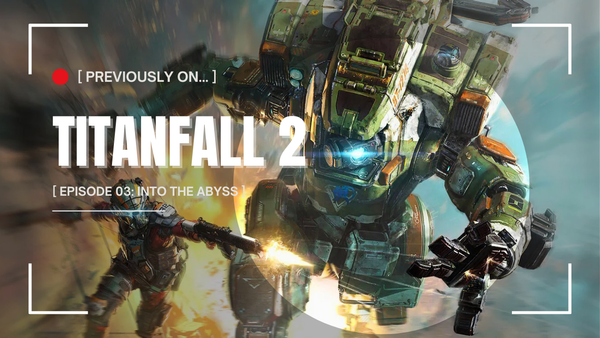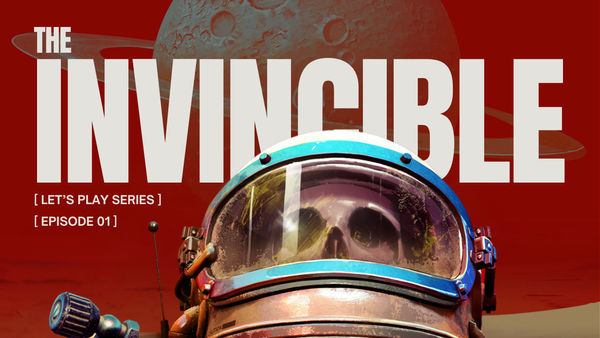Borne — Jeff VanderMeer | Reading journal

This month, I’ve been reading BORNE! I started a new job and since it's on the other end of the city and I can't work from home for a while, that’s a one-hour commute each way [sarcastic cheering]. However! Since I have neither a car nor a license to drive one, I can spend my time getting there reading. Finding the right mind space to just sit down and read and enjoy(!) has been difficult for me for a while now, but I’ve been consciously making the time to read on my commute, and I gotta say it’s really helped me! I’ve been splitting my time between BORNE and a German novel, POSEIDON by Thor Ansell (which disappointed me with its ending).
My journal:

BORNE is set in possibly the US, but it doesn’t feel like standard US-American post-apocalyptic dystopia fare.
There is something very contained to the vastness of the City and the land surrounding it — the land is nondescript (the City, the Company, the River) while other things have names because they have meaning — because it is important that their names are so specific:
- the Balcony Cliffs, the hide-out that Wick built
- Mord, the giant, flying bear the Company made
- Borne himself, that strange creature Rachel finds while scavenging
Rachel’s characterisation, backstory, and her relationship with Wick, Borne, and the world around her becomes increasingly rich and complex. Slowly, she comes into sharper focus, along with the word around her. VanderMeer doesn’t just dump a ton of exposition or map description on the reader; details are revealed as they are needed — to inform, or to surprise, subvert expectations or what readers have taken as fact.
In the second act, the tension ramps up towards its exceedingly, inevitably troubling climax. Rachel and Wick each keep their secrets — from the other, and from the reader. but none of them keeps — has kept — more secrets than Borne.
The Magician is, so far, a fascinating, looming adversary, whose role in Rhacel’s life keeps changing; seemingly by the day. But her downfall may be just as swift, without a back-up plan.
And when supplies are running low, stories are as valuable as any salvage and scrap.
Quotes
“The moon had gone to sleep or died and I couldn’t look at the stars without thinking of Borne.”
— p. 211
“I’ have to do it,’ Borne said. […] Agitated, narrow of focus, a monster pledging his allegiance to my well-being.”
— p. 223
In the attack, that map of their world is destroyed. Wick and Rachel are tethered to the Balcony Cliffs by lines, wires, like a spider’s web connecting all the corridors, the rooms, the traps, the false and the secret exits. They define themselves by that internal map — it’s their world. It’s the only thing they can control. It’s how they centre themselves — danger makes it hard to think, to see the map. And when it’s gone, those lines are cut.
“[…] the snapping of those lines, the ease of it, traumatized us almost more than the physicality of the invasion. […] hard to think. […] hard to breathe.” — p. 229

Upon searching for a safe place:
“Something dead below meant too that things had lived, at least for a while.”
— p. 233
Rachel and Wick’s negotiation of their relationship is as layered and complex as it is dysfunctional; as one should perhaps expect from two people in a world like that, who have found each other — and found something worth keeping in each other — in a world like this. A world where other people are scavengers, killers, both.
The climax of Part Two is an emotional one, of separation, betrayal, and loss. The event that catalyses Part Three, though deeply traumatic, is also deeply physical: the destruction of their home.
“Weeks passed as I lay there and More contrived in his infinite mercy and patience to remove the sky, remove the world, and become God of Nothing.” — p. 235
This, and the sections where Rachel perceives and refers to herself as a ghost after the banishment of Borne, so beautifully extend the boundaries of reality — but in prose, in more than the fantastical setting. More than the giant bear that flies, more than biotech. The language itself, the rules of this world, become rewritten in this moment. When More takes away the sky, when Rachel is as a ghost and believes no harm can come to her, as she is already dead. She is not, but no harm does come to her.
"Wick was light, was making light, because he was: All the weight of him was in that letter, and he was putting it on me." — p. 246
"Apparently we'd been richer than we thought, to suffer such continual diminishment and still be alive."
— p. 268
Richer, perhaps. Or just a lot more resilient? Considering the amount of diminishment going around in the world...
The Magician did the same thing as Borne: fighting Mord for control. But, Borne, in the end, wasn't fighting for control, or for survival. He was fighting for Rachel.
Betrayal as trustworthiness — to protect Rachel from becoming a ghost. We see how grief is capable of hollowing her out: to Wick, a terrible déjà vu. Selfishness as love — to find "a way to still know you even though you no longer knew me."
"No I know why Wick kept trying, forgave so much. Because he felt he had so much to be forgiven for."
— p. 307
There's no winning against Mord if you're not willing to lose.




